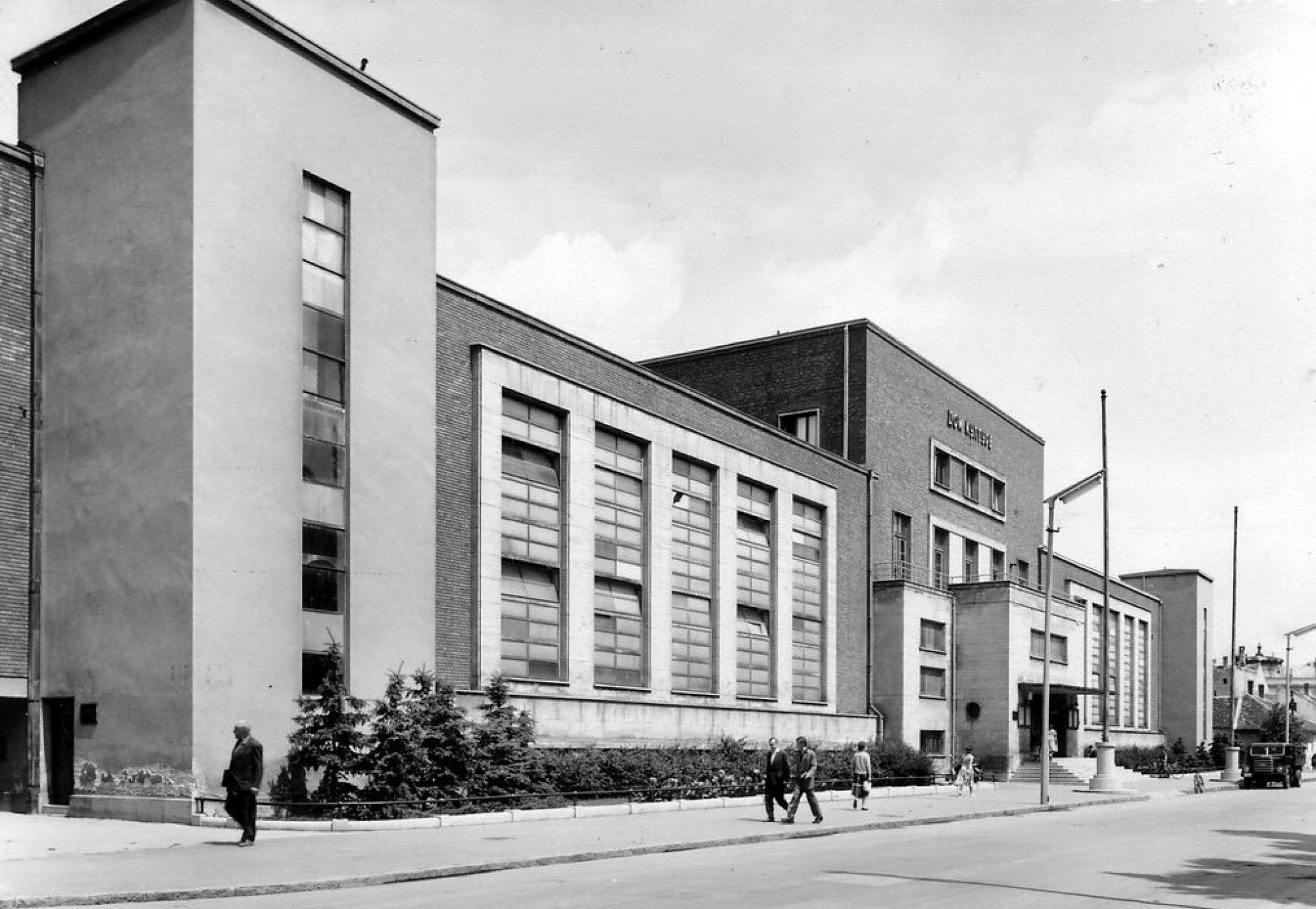IMPACTS AND IMPLEMENTATION OF EUROPEAN PRACTICES IN THE FIELD OF CULTURAL HERITAGE, Maria Silađi
This series of lectures would provide an overview of applied models of positive practice related to the protection and preservation of cultural heritage, their impact and implementation. Models and initiatives, that are relevant in terms of different aspects of cultural heritage in the EU, are under the monitoring of UNESCO, ICCROM, ICOMOS, Europa Nostra, etc. The role of preserving, protecting and revitalizing cultural heritage in terms of the impact on increasing the economic resources of a region would be highlighted. Their integration into a harmonious whole with the European network is of vital significance for further development in terms of European integration. Lectures will include an overview of both, positive and negative practices, on the territory of Serbia in order to re-evaluate the models of action on cultural heritage. It will be highlighted the models and tools that can be applied in part or completely.
SUSTAINABLE CULTURAL TOURISM IN EUROPE, Miroslav Vujičić
The aim of the course is to provide students knowledge about the conservation and protection of cultural heritage, to point out the importance and presence of cultural heritage in EU strategies and their impact on the development of cultural tourism. The course deals with the current situation regarding the issue of cultural heritage, emerging from numerous positive and negative examples, risks and opportunities for successful revitalization. A special emphasis will be put on European strategies and policies relating to cultural heritage. Also, lectures will try to point out the link between sustainable use of cultural heritage through synergy with cultural tourism.
COMMON AND PARTICULAR CONTEXTS OF THE SOUTH-EAST EUROPEAN MODERNIST ARCHITECTURAL HERITAGE, Dragana Konstantinović
Employing the problem approach rather than the chronological method, the concepts, subjects, projects and works of architecture are located and elaborated within social, historical, philosophical, cultural and artistic contexts of South-East Europe. Students are trained to observe the built environment surrounding them and to which they belong in its totality, and adequately formulate their own observations, positions and knowledge through skills of persuasive, systematic and expressive, particularly verbal, analysis. The objective of the subject is to provide students with extensive information on the flows of ideas, projects and works by architects, town planners and artists executed on the territory of South-East Europe, after the Second World War, which emerged as specific Modernist discourse within socialist societies. Emphasis is on research into the similarities and diversities between the employed practices in the context of the complex community of former socialist countries during their existence, social and economic transition and current positions of the same geographic territories within the European Union.
EU PROJECT MANAGEMENT AND DESIGN IN CROSS-CULTURAL ENVIRONMENT, Miroslav Vujičić
The objective of the course is to provide students with theoretical and practical knowledge on project management in the field of cultural heritage and culture and to master the project management methodology through all phases of the project cycle and the actual implementation of projects. Studying new trends, programs and European projects. Getting acquainted with forms of financing and co-financing, as well as creating projects in the field of cultural heritage and cultural tourism. The ultimate aim of the acquired knowledge is an application to concrete examples in future practice.
CULTURAL ROUTES AS AN INSTRUMENT OF EUROPEAN INTEGRATION, Anica Draganić
Cultural routes implement in practice the basic principles of the Council of Europe: human rights, cultural democracy, cultural diversity and identity, intercultural dialogue. Considered as interactive, dynamic, and evolving processes of intercultural links that reflect the rich diversity of different cultures, the concept of cultural routes would be stressed as important in the context of European integration. The aim of the course is to explain the complexity and multidimensionality of the concept, given that cultural routes represent a set of tangible (cultural/natural heritage, cultural landscape) and intangible (oral traditions, social practices and rituals, traditional music, dance, crafts) components of heritage.
CULTURE, IDENTITY AND HERITAGE IN DIGITAL PERSPECTIVE, Dušan Ristić
By the end of these lectures, students may be able to identify the relations between the concepts of culture, identity and heritage. The lectures have three main academic goals: to introduce the concepts – how they are connected and articulated today and in the past; to reflect critically and examine different approaches to these concepts; to address the impact of different social factors and the importance of the digital and other public spheres. The focus of the course will be on the way the notions of culture, identity and heritage are discursively articulated in different, comparative/European contexts. During the course, the attention will be on discussions and controversies related to the strategic, institutional and other social aspects of these notions. This means taking into account the variety of ethnographic examples to demonstrate how cultural heritage, identity and culture are intertwined and articulated within the digital sphere and in public spaces.

